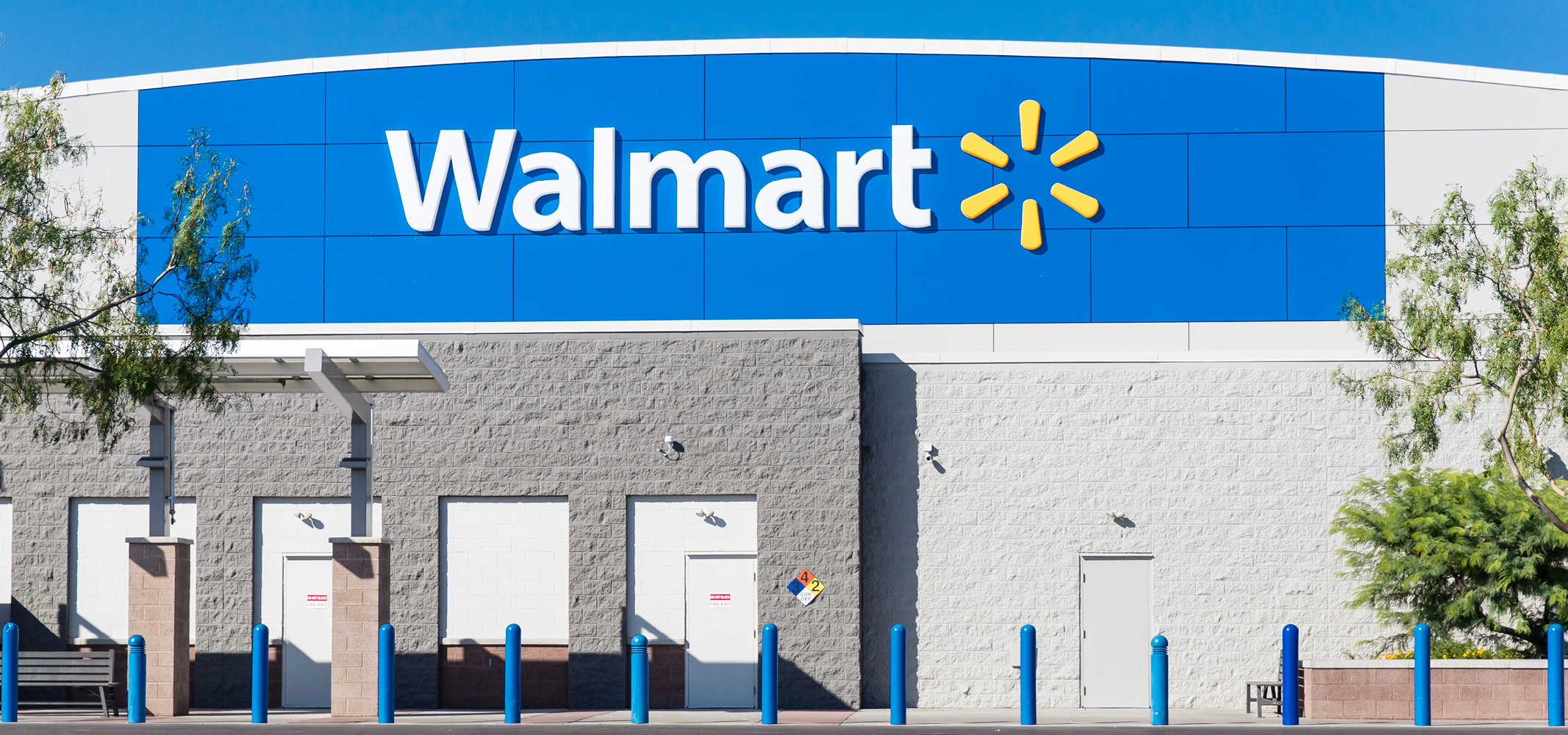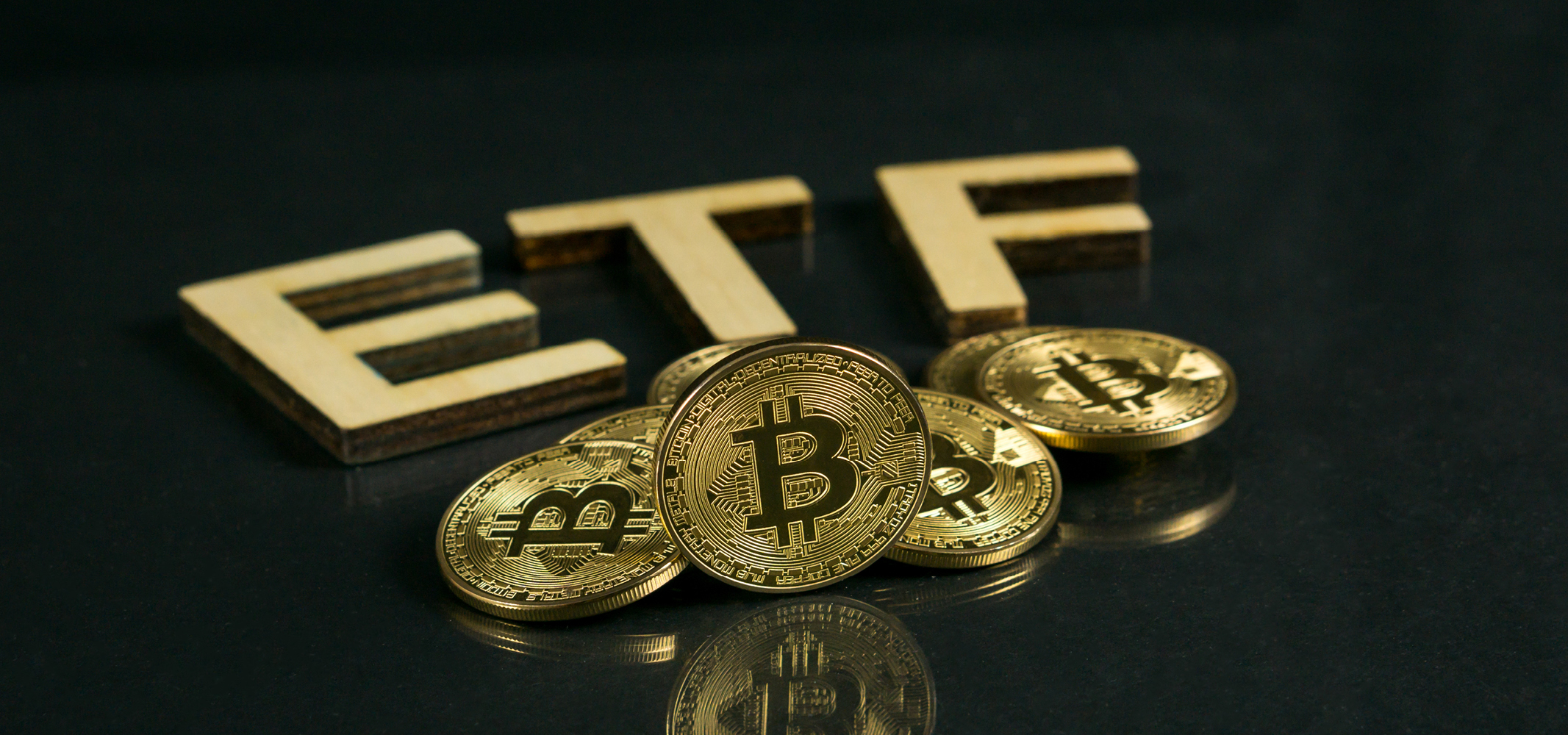Until now, sensitive user data has mostly been stored in the central servers of private providers. There is usually no trace of data protection. It is not clear to whom and for what purpose this data is passed on. The German government has therefore already called for innovative concepts for digital identities in a showcase project. The digital association Bitkom has now followed up and outlined various applications for decentralised identities on a block chain basis. The identity card is the key to gaining access to services and concluding contracts. Authentication on the Internet is far less transparent than with an officially authenticated ID document. The collection, storage and possible transfer of sensitive data is usually not visible to users.
In the position paper of “Self Sovereign Identity Use Cases” Bitkom discussed the advantages in the alignment of compliance data of large pharmaceutical companies, access management for buildings, management of forgery-proof education certificates and validation of supplier certificates between companies. From this it is clear that all administrative processes can be accelerated or automated by digital decentralized identities on block chain basis. In addition, block chain technology of course guarantees the manipulation security of data. Decentralized identities on block chain basis therefore primarily give users control and sovereignty over their data. In addition, entire economic sectors and business models can benefit from automated SSI processes.










Leave A Comment
You must be logged in to post a comment.